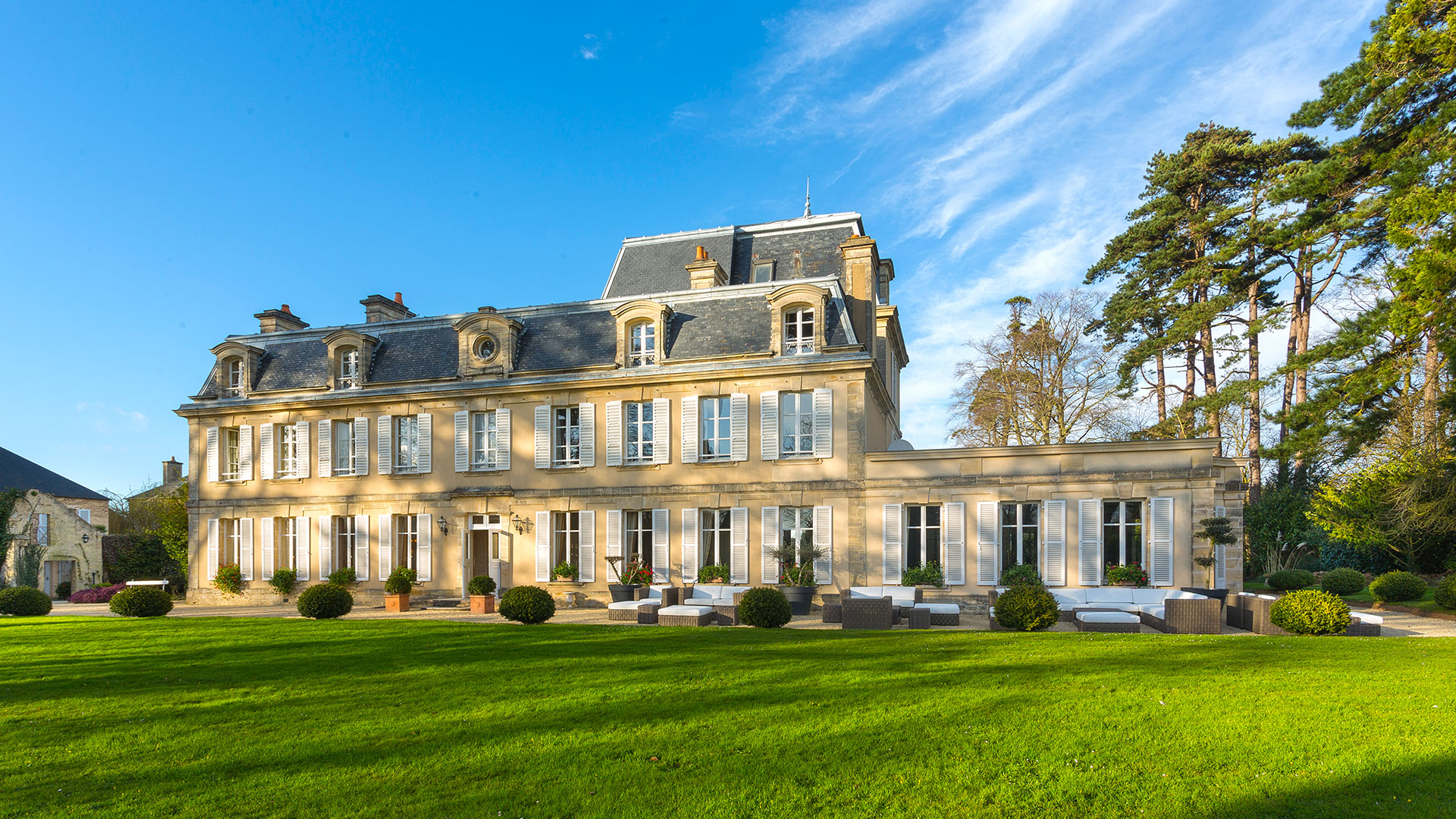
Hotel La Cheneviere
Permaculture and Environmental Policy
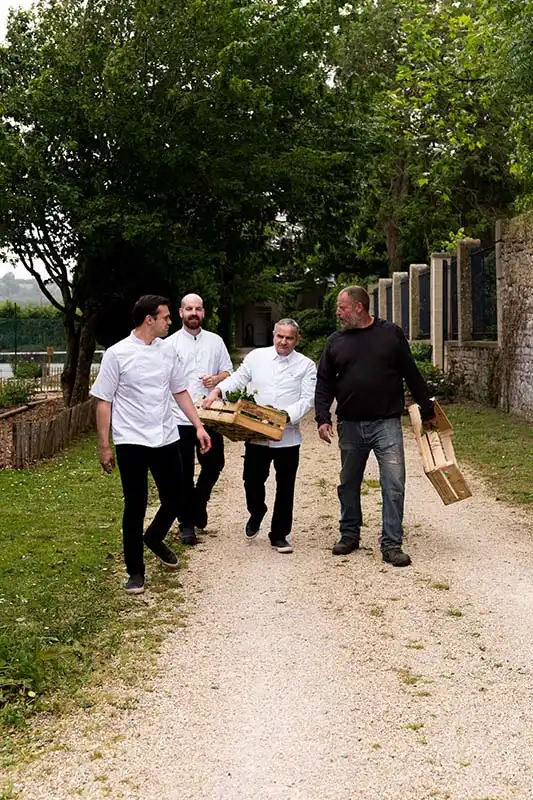
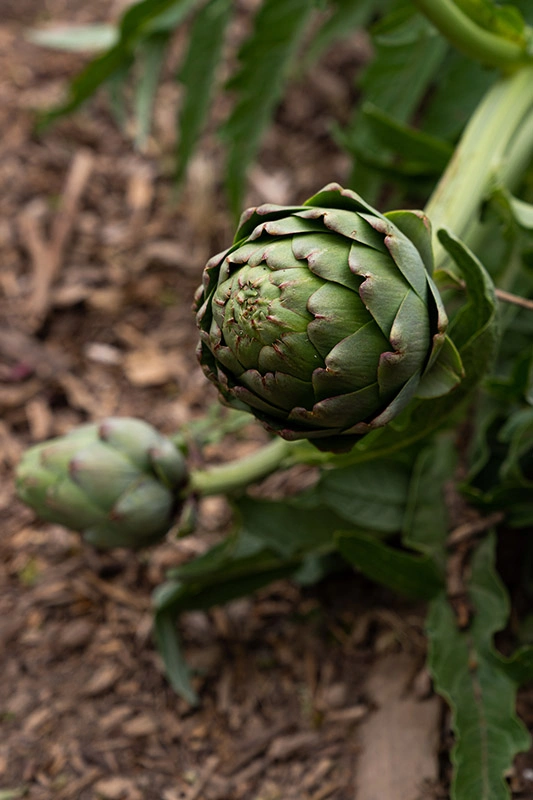
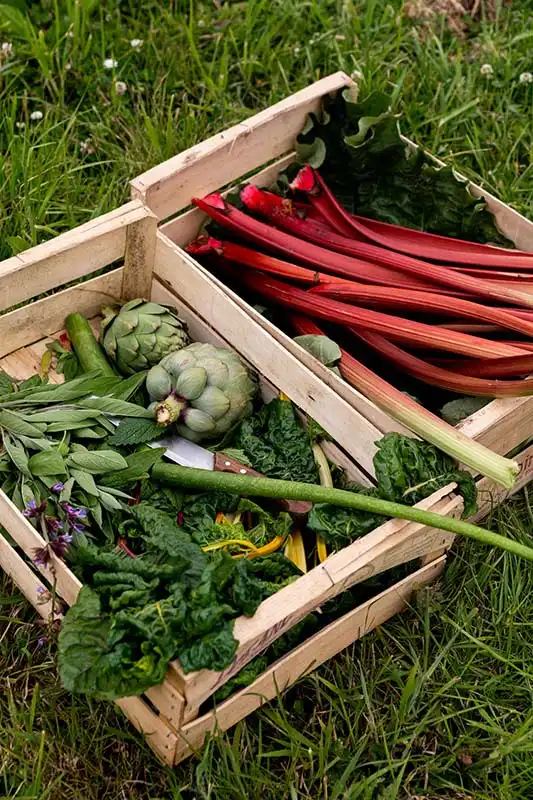
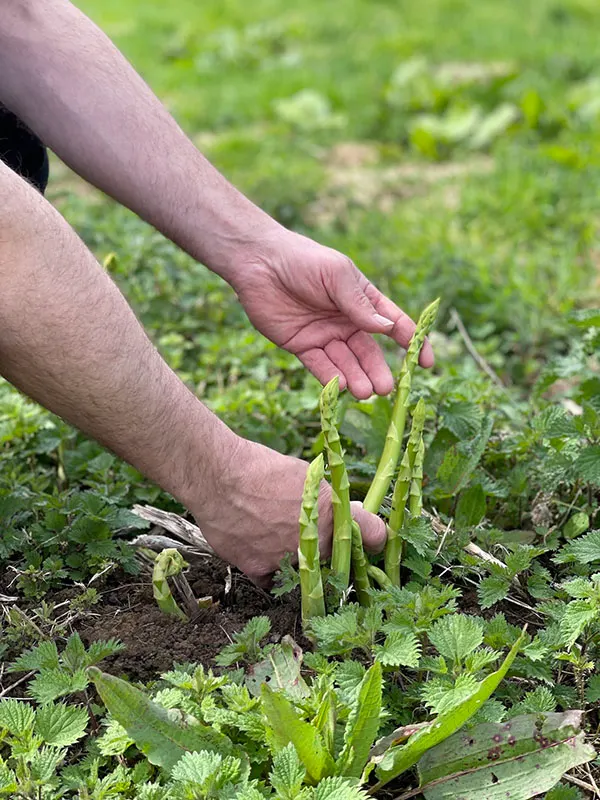
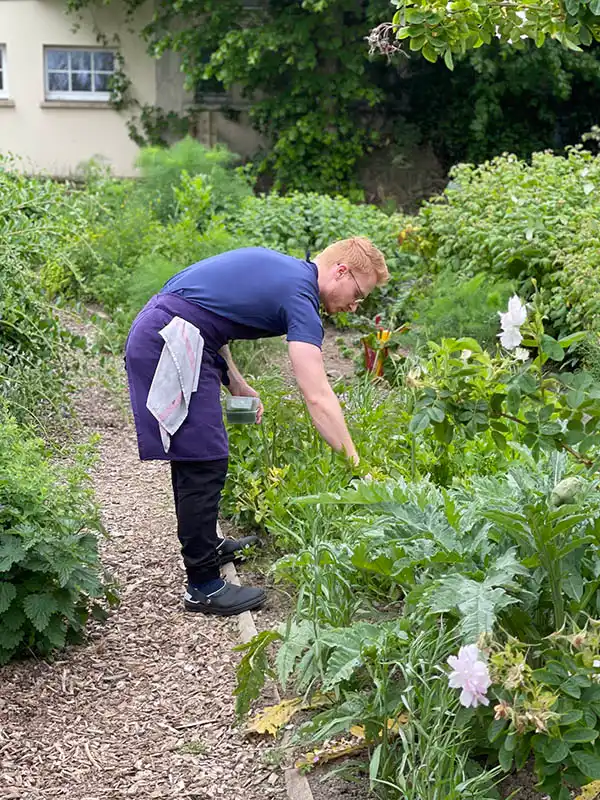
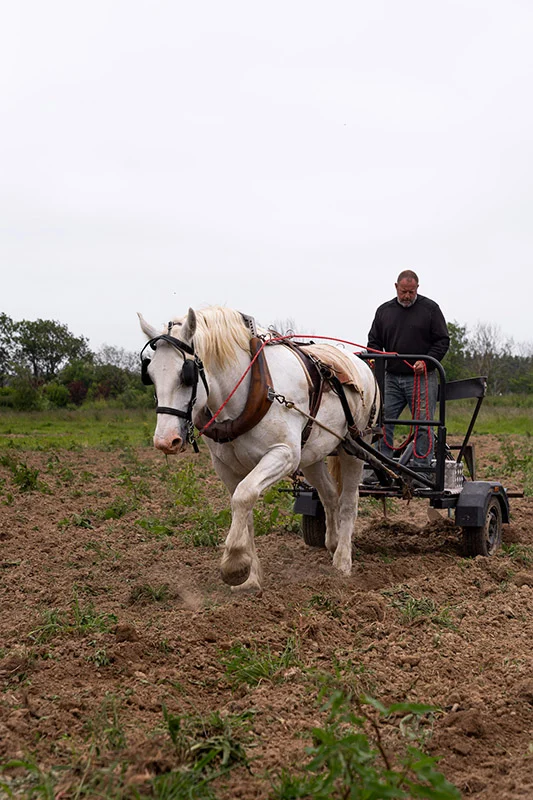
The history of our gardens and our permaculture
The story behind la Cheneviére begins with its garden, as it’s actually its beautiful centennial tress that seduced Thomas and Marie-Françoise Dicker into purchasing the property in 1988.
With time, the garden has evolved and has become a treasured family story.
Every time the Dicker family moved houses, they’d replant their trees and plants at La Chenevière. Marie-Françoise started planting sage and ancient roses, and together with her husband, they built their dream British garden.
This was all made possible thanks to the help of gardener Jacques Lerosier, who was the very first employee at the hotel.
It was Jacques who planted the first vegetable garden in 2010 on a 1000m2 plot. This led to many changes which were put into place to protect the environment: such as composting (turning biowaste into valuable food for the vegetable garden), harvesting rainwater to water plants and installing an innovative, ecological sanitation system in plant engineering (phyto-purification: a natural process by plants to filter and clean up wastewater).
In 2012, the hotel installed its first beehive whilst its vegetable garden began to take shape.
The hotel only had one restaurant at the time: Le Botaniste, but its Head Chef Didier Robin already understood the importance of sustainability and had been using organic, seasonal, local produce since 2003.
The Dicker children, who had grown up by then, were very interested in gardening, cooking as well as short food supply chains and wished to expand the vegetable garden, especially as the family was hoping to open a second restaurant.
The hotel’s first flower show was launched in 2015 in La Chenevière's garden. The yearly event showcases over 50 like-minded nurserymen and artisans, with whom the hotel regularly works with. Every year the profits go to a different local family with a severely disabled child.
Once the project of opening Le Petit Jardin was born in 2018, the vegetable garden was gradually converted into a permaculture vegetable garden on an additional 2-hectare land.
At the time, Pierre Vandaële, an organic market gardener in Saint Vigor, who practices permaculture, was already supplying Chef Didier Robin. It was a natural decision to ask Pierre to look after La Chenevière vegetable garden. He works almost exclusively using animal traction with the help of his mare Victoire. For Pierre, permaculture is a lifestyle.
A flower garden was planted to decorate the hotel’s interiors with bouquets from its own garden. The floral garden was purposely placed nearby Le Petit Jardin and the permaculture garden, as to create a real eco-system.
This progressive “Permaculture” cultivation has for aim to increase the autonomy of La Chenevière (with the hotel growing its own vegetables, flowers, fruits, aromatics and medicinal plants) while developing diversified and harmonious spaces and a source of well-being for the local fauna and flora – all for the satisfaction of our customers.
Today Pierre works side by side with Didier, Hugo and François, our Head Chefs at Le Botaniste and at Le Petit Jardin. Jacques Lerosier is nowadays happily retired but is thankfully still advising Thomas Dicker on his own vegetable garden which he has planted in his home, nearby in Commes.
WHAT IS PERMACULTURE?
The word “Permaculture” was created in Australia in the 70’s by Bill Mollison and David Holmgren, following the unsettling observation that the agricultural industry was becoming more and more obstructive to our biodiversity. Mollison and Holmgre’s goal was to create an alternative yet efficient method which was respectful of nature.
They were inspired by a Japanese microbiologist, Masanobu FUKUOKA (1913/2008), who was a supporter of natural agriculture.
In his research, he used the forest as the definition of a “high efficiency”, “self-sufficient system”, and therefore as a model to the construction of sustainable, balanced human organisations, in the heart of a protected environment.
Permaculture’s ethic lies on three founding pillars:
Taking care of our land (soil, water, plants, animals). This implies a rationed use of resources.
-Take care of Man, that is to say oneself, his relatives and the human community in general
– Taking care of Mankind: ourselves, our close ones and the human community as a whole.
While it was originally based on agriculture, the concept of Permaculture evolved to taking into account the entire human activity. It is now a philosophy of life adapted to our daily routine. It is not a list of does and don’ts, which we have to follow.
For Bill Mollison “ the goal of Permaculture is to follow ways of life which won’t damage the environment, won’t exploit humans or living creatures, won’t contaminate soil but have to be economically feasible, and by consequence are sustainable in the long run ”.